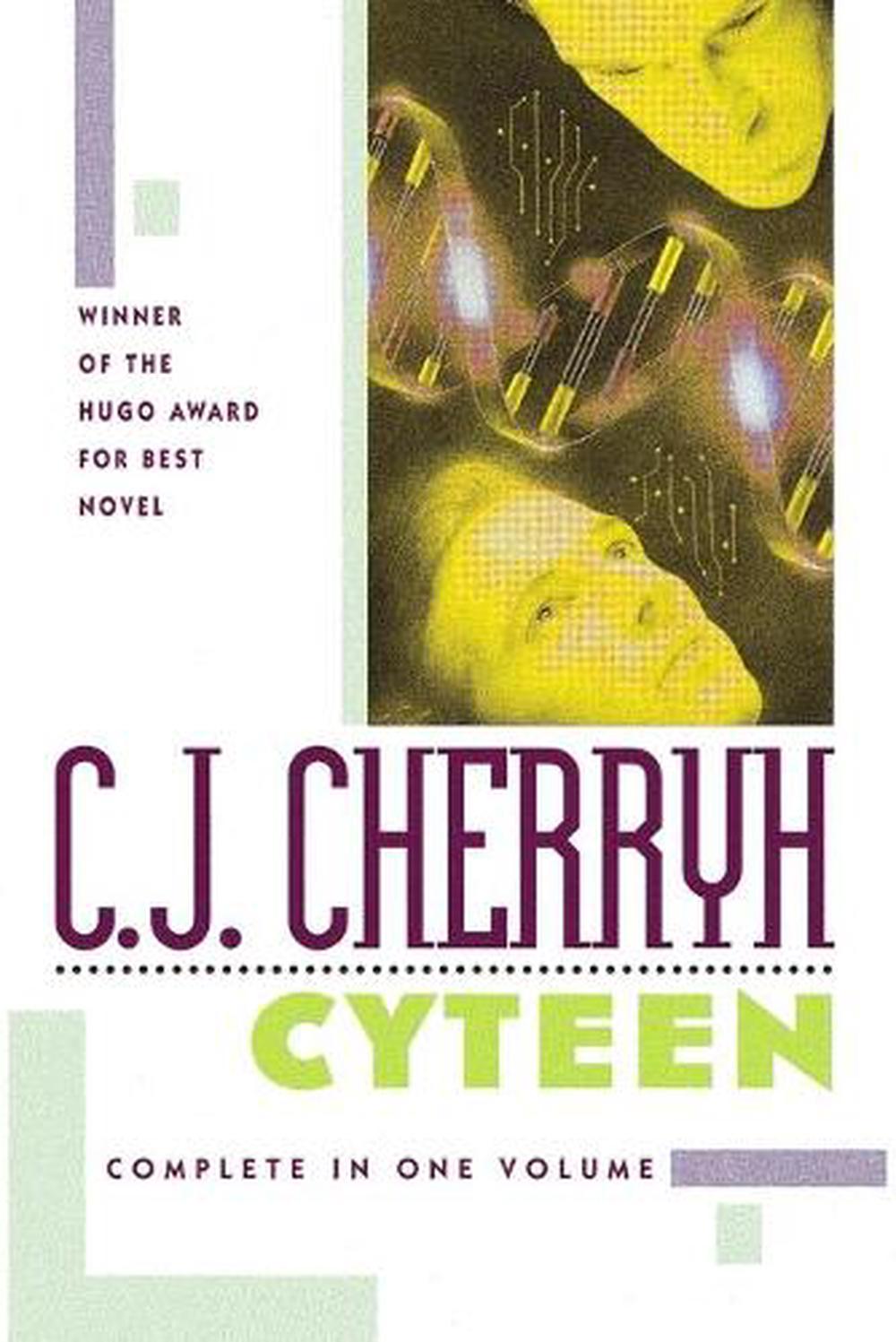
When Ryle is not in the throes of a jealous rage, his redeeming qualities return, and Lily can justify his behavior: “I think we needed what happened on the stairwell to happen so that I would know his past and we’d be able to work on it together,” she tells herself. Lily swears she’ll never end up in another abusive home, but when Ryle starts to show all the same warning signs that her mother ignored, Lily learns just how hard it is to say goodbye. The provocative opening takes a dark turn when Lily receives a warning about Ryle’s intentions from his sister, who becomes Lily’s employee and close friend. They meet on a rooftop in Boston on the night Ryle loses a patient and Lily attends her abusive father’s funeral. Hoover’s ( November 9, 2015, etc.) latest tackles the difficult subject of domestic violence with romantic tenderness and emotional heft.Īt first glance, the couple is edgy but cute: Lily Bloom runs a flower shop for people who hate flowers Ryle Kincaid is a surgeon who says he never wants to get married or have kids. Still, aficionados of futuristic imaginary power-politics, and those intrigued by the possibilities of human-biological manipulation, will find much to ponder here. There are drawbacks: not enough action, spindly characters, sheer density and length (a whopping 680 pages).

Meanwhile, Ari's people start to grow a clone of Ari, which, thanks to Ari's own brilliant research, will grow into an exact duplicate of the dead Ari-as a prelude to an even more ferocious struggle. Whodunit? Well, Special and psychogenesis ("mind-cloning") expert Jordan Warrick confesses-even though he's not guilty-as part of a convoluted power-play. Ari, a Special, appears to be at the height of her power-yet various almost-as-powerful factions oppose her plans to launch another wave of human expansion across the galaxy. Hostile alien planet Cyteen is slowly being terraformed its labs and industries are at the heart of Ariane Emory's political-military-industrial empire. At the top of the human ant-heap are the Specials, supergeniuses subject only to self-imposed restraints.

Genetically-engineered humans-programmed by computer for any desired orientation, loyalty, and function-are commonplace. In 2300 A.D., Earth's farflung colonies and space habitats have won their independence after a long struggle.

Cherryh's backdrop is a complex and thoughtful one. Not a sequel to, but a story taking place in the same far-future universe as, Cherryh's well-known Downbelow Station, churning with political intrigue and heavyweight powerbroking, thick with knotty conspiracies and plots.


 0 kommentar(er)
0 kommentar(er)
